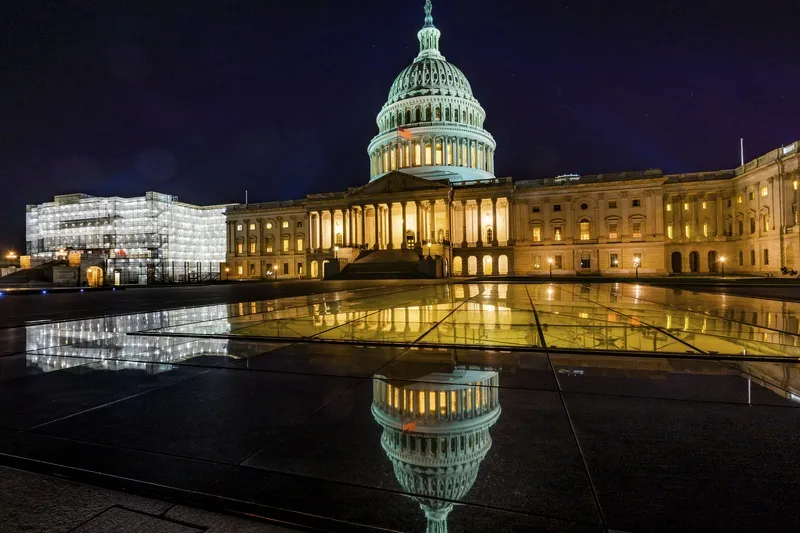As Congress considers legislation to avoid a shortfall of the Highway Trust Fund, Transportation Secretary Anthony Foxx and 11 of his predecessors have written an open letter to Congress. Their message: Congress’ work doesn’t end with the bill under consideration. Transportation in America still needs a much larger, longer-term investment.
The letter begins: “This week, it appears that Congress will act to stave off the looming insolvency of the Highway Trust Fund. The bill, if passed, should extend surface transportation funding until next May.
We are hopeful that Congress appears willing to avert the immediate crisis. But we want to be clear: This bill will not “fix” America’s transportation system. For that, we need a much larger and longer-term investment. On this, all twelve of us agree.”
The letter was signed by current Transportation Secretary Anthony Foxx and former Secretaries Ray LaHood, Mary Peters, Norman Mineta, Rodney Slater, Frederico Peña, Samuel Skinner, Andrew Card, James Burnley, Elizabeth Dole, William Coleman and Alan Boyd.
The letter was released as the Senate is expected to act soon on a $10.9 billion bill that would extend federal transportation funding until May 2015 that was approved last week by the House.
The letter goes on: “Never in our nation’s history has America’s transportation system been on a more unsustainable course.
“In recent years, Congress has largely funded transportation in fits and starts. Federal funding bills once sustained our transportation system for up to six years, but over the past five years, Congress has passed 27 short-term measures. Today, we are more than a decade past the last six-year funding measure.
“This is no way to run a railroad, fill a pothole, or repair a bridge. In fact, the unpredictability about when, or if, funding will come has caused states to delay or cancel projects altogether.
“While we – the twelve transportation secretaries – may differ on the details of these proposals, there is one essential goal with which all twelve of us agree: We cannot continue funding our transportation with measures that are short-term and short of the funding we need.
“On this, we are of one mind. And Congress should be, too.”
Former DOT chiefs press for more infrastructure funding
As Congress considers legislation to avoid a shortfall of the Highway Trust Fund, Transportation Secretary Anthony Foxx and 11 of his predecessors have written an open letter to Congress. Their message: Congress’ work doesn’t end with the bill under consideration. Transportation in America still needs a much larger, longer-term investment.
The letter begins: “This week, it appears that Congress will act to stave off the looming insolvency of the Highway Trust Fund. The bill, if passed, should extend surf
July 23, 2014
Read time: 2 mins









